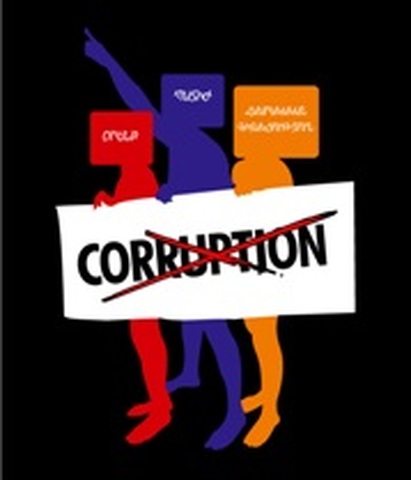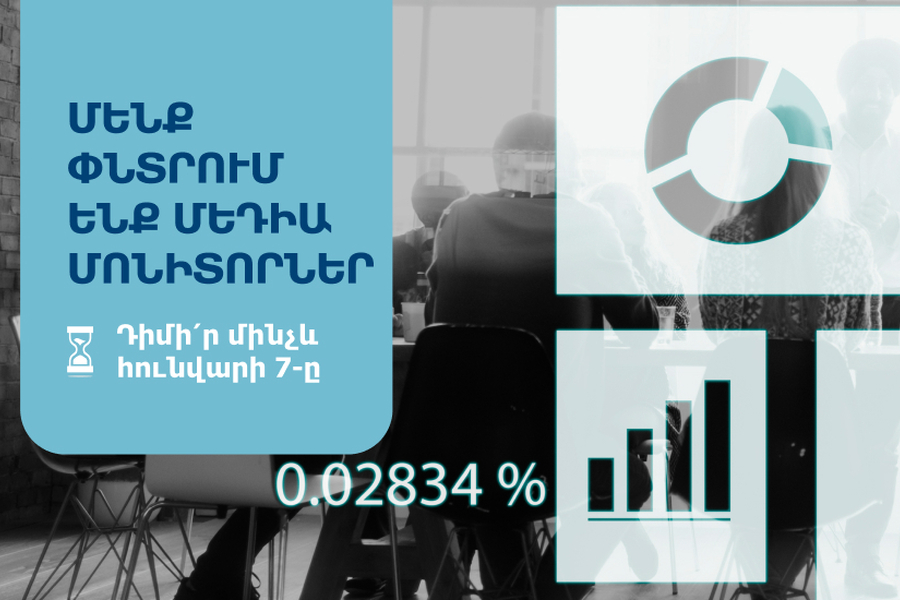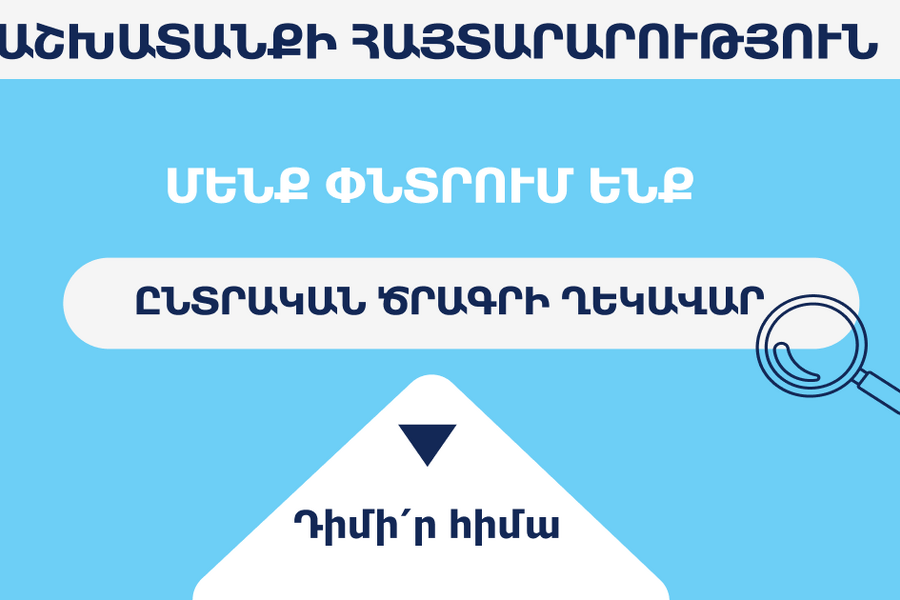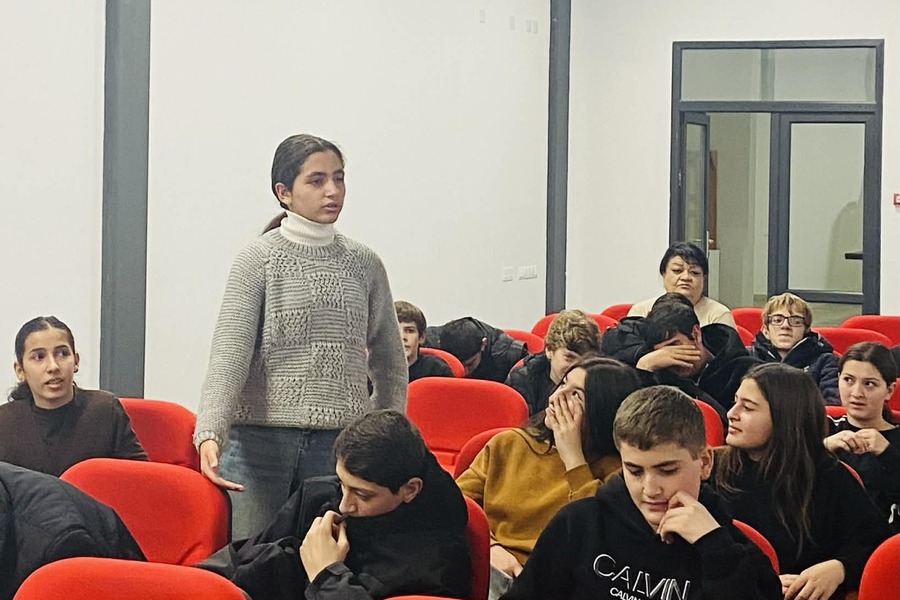Statement of Transparency International Anti-corruption Center on International Anti-Corruption Day
Today, on December 9 the world marks the International Anti-corruption Day. As the studies of Transparency International (TI), international anti-corruption movement, as well as those of other international organizations reveal, ordinary citizens, experts and businesspeople agree that the level of corruption throughout the world increases and corruption remains as one of the most serious obstacles to the solutions of global problems.
Unfortunately, as the studies of local and international experts and opinion poll surveys reveal, Armenia remains as country with widespread and systemic corruption. This fact is reflected both in this year's TI major indices' values for Armenia, and data of other international organizations.
According to the data on TI Corruption Perception Index (CPI) for 2010 released on October 26, 2010, Armenia's CPI value decreased compared to those on previous years, and now it could be argued that since 2007 there is an apparent long-term slow and smooth deterioration of the situation with corruption. In fact, the situation was not good also before that, when Armenia's CPI value, which was not changing since 2003, was very low, and as the experts were mentioning, it was reflecting the fact that corruption had systemic character.
Another TI index, Global Corruption Barometer (GCB), for 2010 was released today and its data concerning Armenia also makes one to think. In particular, according to these data only 15% of Armenian respondents believe that the level of corruption decreased in the last 3 years, and only 27% thinks that the government's actions in the fight against corruption are effective. However, perhaps the most alarming fact is that according to the Armenian respondents, the most corrupt sphere in Armenia is perceived the education system, and in no one country covered by GCB 2010 education system is perceived as corrupt, as it is perceived in Armenia.
Other international organizations also detected deterioration of the situation on corruption, in particular, The World Bank with its Control of Corruption Governance Indicator, Heritage Foundation with its Corruption sub-indicator and Freedom House with its Corruption indicator.
At the same time, more and more laws are adopted in Armenia, which are aimed to reduce corruption risks and prevent corruption, the Government adopted the second national Anti-corruption Strategy and Its 2009-2012 Action Plan. The Control Chamber of Armenia continued its scandalous revelations on large-scale embezzlement of public funds in state institutions, TV and newspapers every day publicize official information of law-enforcement bodies on the persons arrested for different corruption crimes. However, despite of this, our ordinary citizens, experts and businesspeople perceive our state as even more corrupt, than previously.
The reasons for that, unfortunately, remain the same as before, and they have been repeatedly mentioned both by our organization, and many other organizations, as well. Now it is the time to draw relevant conclusions, and among them the major ones are the following:
- The fight against the systemic evil should have systemic character, which implies that it could be surmounted through interrelated and persistent steps to be carried out in all areas, applying the three major directions of the fight against corruption, namely, prevention, detection and public support.
- The top of corruption pyramid should not be untouchable, as the fight against corruption is impossible, if there is atmosphere of impunity in the country.
- Business and politics shall be clearly separated. Mutually converged political and business monopolies absolutize the power, and absolute power cannot survive without corruption.
- Systemic fight against corruption means fight against all of its possible manifestations, including such dangerous ones, as state capture and political corruption. And this means that human rights and freedoms shall be respected, the judiciary shall be independent, press shall not be persecuted and the elections shall be fair and competitive.
- The society shall not tolerate injustice, violations of law and immoral behavior, and, moreover, its members shall not be involved in them.
Transparency International Anti-corruption Center
Yerevan
9 December, 2010






